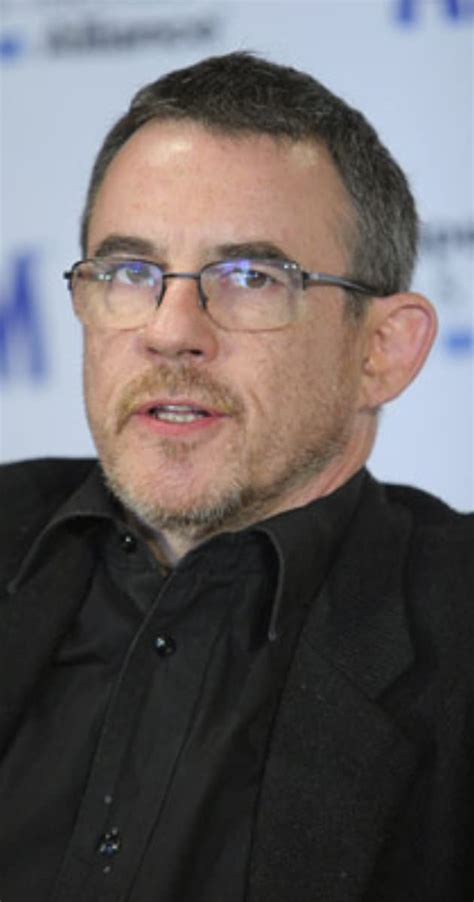A Quote by Publilius Syrus
For a good cause, wrongdoing is virtuous.
Quote Topics
Related Quotes
Every mind has its particular standard of good and bad, and of right and wrong. This standard is made by what one has experienced through life, by what one has seen or heard; it also depends upon one's belief in a certain religion, one's birth in a certain nation and origin in a certain race. But what can really be called good or bad, right or wrong, is what comforts the mind and what causes it discomfort. It is not true, although it appears so, that it is discomfort that causes wrongdoing. In reality, it is wrongdoing which causes discomfort, and it is right-doing which gives comfort.
People always ask me what I think, if Edward Snoden is a hero, if he's a villain. I don't really tend to moralize it so much as I feel like he's a whistleblower. He's someone who saw a wrongdoing and in order to shine a light on that wrongdoing had to bend some rules and break some laws along the way.
Philosophers should resist the temptation to be publicly virtuous. Given an unjust society, from the vantage of what counts as the public good, they are corrupters, not edifiers. The desire to be seen to be virtuous, to make a positive contribution, is a deleterious symptom of professionalization. Philosophy's social utility is an ersatz for its duty to mount challenges to the entire social order.






































